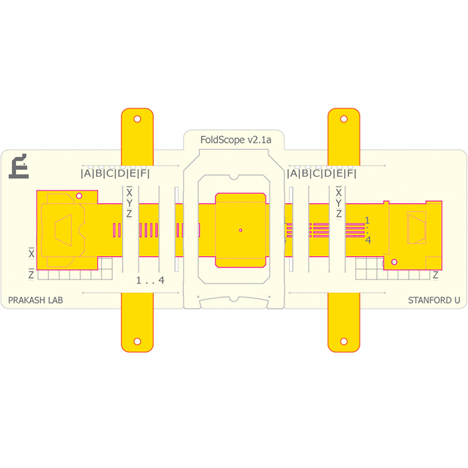
Disposable paper microscope developed for detecting malaria
News: a research team at Stanford University has developed a pocket-sized microscope that can be assembled from a sheet of paper and costs less than a pound to manufacture, intended to help in the fight against malaria.
The Foldscope can be assembled in minutes, includes no mechanical moving parts, packs in a flat configuration, weighs less than ten grams, is extremely rugged and can be safely incinerated after use to dispose of infectious biological samples.
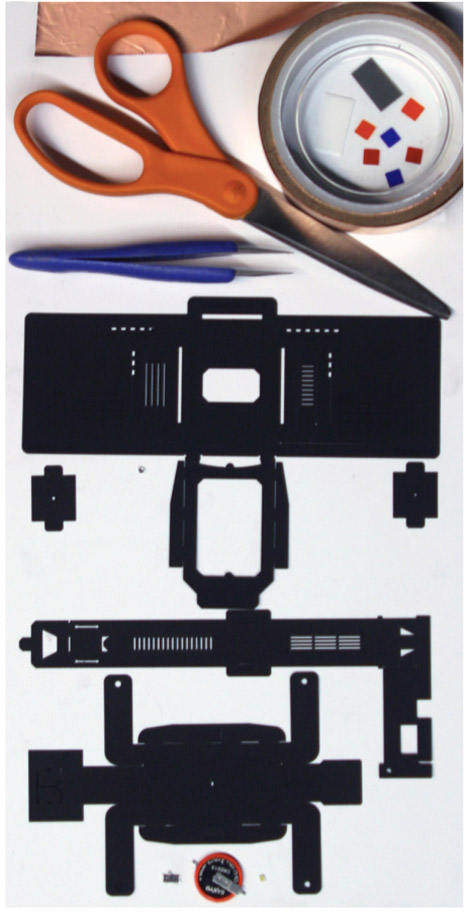
"I wanted to make the best possible disease-detection instrument that we could almost distribute for free," said Manu Prakash, assistant professor of bioengineering at Stanford and head of the team developing the Foldscope. "What came out of this project is what we call use-and-throw microscopy."
The Foldscope comes as a single piece of card, with all the necessary parts including optics, an LED and mirror built-in. A user tears each part from the template and then matches the pieces based on colour. The whole thing costs between 30 and 40 pence to manufacture.
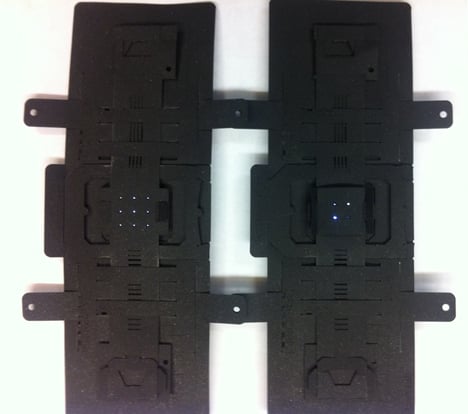
To use the device, a sample is mounted on a standard microscope slide and wedged between the paper layers of the microscope. The user then holds the sample up to their eye and uses their thumb and forefinger to adjust focus by flexing and sliding the paper platform accordingly.
"These are literally built out of paper, tape and glue, and they are as good as research microscopes that you can buy," said Prakash.
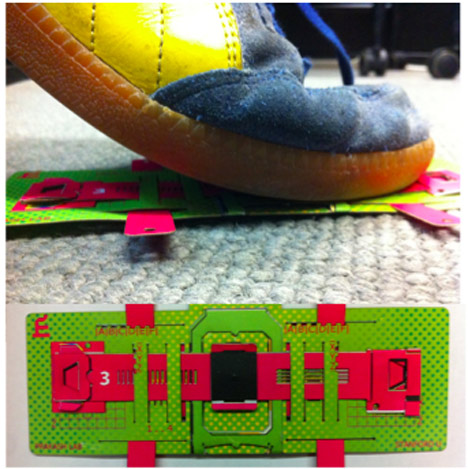
One of the key design features on the Foldscope is the use of inexpensive spherical lenses. Traditional microscopes use precision-ground curved glass as their lenses, but the Foldscope uses poppy seed-sized lenses originally produced as a type of abrasive grit to remove rough edges from metal.
Thanks to these cheap lenses - which cost less than 20p to make - the Foldscope can provide more than 2000 times the magnification of the naked eye.
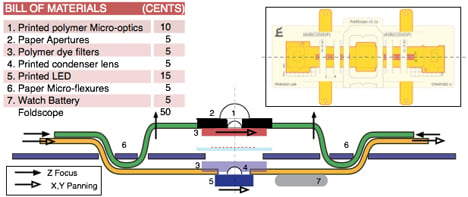
They're also extremely tough. In trials, the Foldscope was dropped from a three-storey building, stood on and dropped into water, but still worked.
At present a billion people worldwide are affected by malaria, but due to a limited supply of microscopes and trained professionals, many aren't diagnosed. Prakash believes the Foldscope has the scaleability to tackle the problem.
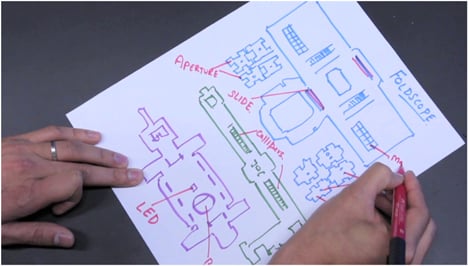
The team is currently enlisting the help of 10,000 individuals for beta trials and hopes to develop a crowd-sourced biology microscopy manual based on the findings.